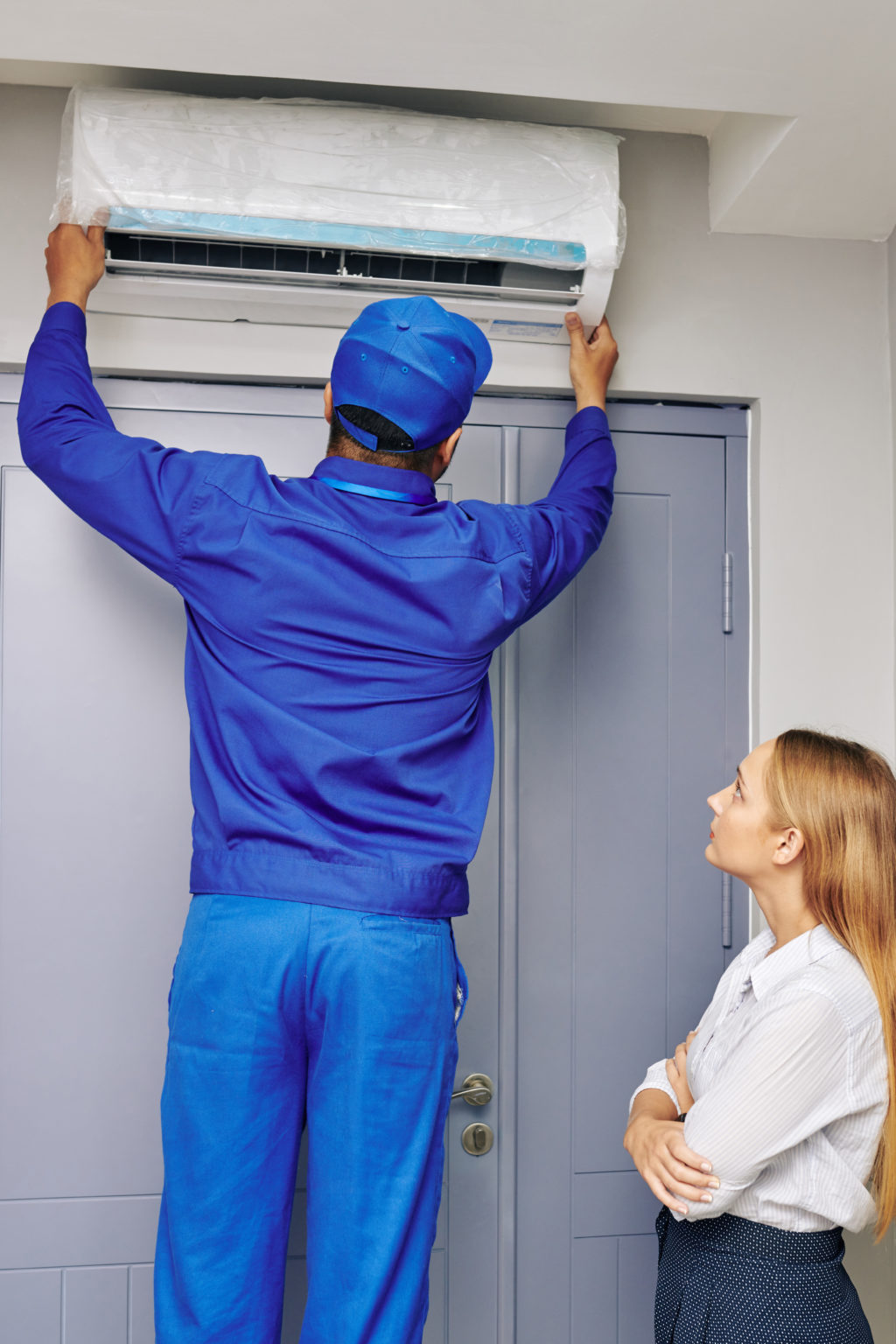When it comes to heating and cooling our homes, many people rely on their HVAC systems without entirely understanding how these systems work or what optimal methods to follow. Beginning with common misconceptions about energy efficiency to the latest innovations in HVAC technology, there's a abundance of information that can help homeowners make smarter choices. Unfortunately, myths can often hinder our judgment, leading to poor decisions that may affect both comfort and expenses.
This article aims to dispel some of the most prevalent HVAC myths, providing you with the essential knowledge you need to keep your home cozy year-round. Whether you're a new homeowner or an seasoned resident looking to improve your heating and cooling systems, our comprehensive guide will cover everything from basic HVAC principles to practical maintenance tips and energy-saving strategies. Understanding your HVAC system is essential not only for short-term comfort but also for sustained savings and efficiency.
Comprehending Heating, Ventilation, and Air Conditioning Technologies
HVAC represents the technology used to regulate indoor climates, representing the technology used to regulate indoor climates. his response combines various systems that work together to provide thermal comfort and maintain air quality in home, business, and industrial spaces. Grasping HVAC technologies involves knowing how each component functions and how they work in conjunction with one another to create a comfortable space for occupants.
The heating aspect of HVAC systems typically includes heaters or heating units that generate heat through different energy sources, like gas, oil, or electricity. Air conditioning systems, on the other hand, cool the air during warmer months using coolants to absorb and dissipate heat, effectively lowering interior temperatures. Airflow is crucial for ensuring a steady flow of clean air and removing contaminants, contributing to a healthier atmosphere.
To keep HVAC technologies running smoothly, regular maintenance is important. This includes routine check-ups and cleaning, replacing filters, and ensuring that all components are functioning properly. An understanding of HVAC technologies is key for homeowners and entrepreneurs alike, as it allows them to make educated decisions about system setups, fixes, and improvements, resulting in increased efficiency and improved comfort.
Frequent HVAC Issues and Resolutions
One of the most common HVAC problems homeowners face is a insufficiency of airflow. This can commonly be due to clogged air filters or restricted ducts. A clogged filter limits airflow, making your system operate less efficiently and with reduced effectiveness. To resolve this, check and replace your air filters consistently, ideally around one to 3 months. Additionally, ensure that all vents are unobstructed and that there is no accumulation in your ductwork. Regular maintenance can prevent airflow challenges, keeping your home pleasant year-round.
Another common issue is an uneven temperature throughout your home. This problem can arise from a number of factors including poor insulation, duct leaks, or malfunctions with the thermostat particularly. If certain rooms are significantly warmer or less heated, inspect the insulation and verify that your ducts are sealed and in optimal condition. Occasionally, merely recalibrating your thermostat or upgrading it with a modern thermostat can help. These steps can help distribute air more uniformly, ensuring a comfortable environment in every room.
Finally, odd noises coming from your HVAC system can suggest various concerns. Rattling, knocking, or sizzling sounds may indicate unsecured components or airflow restrictions. If you notice any unusual sounds, it is essential to inspect unsecured panels or debris in the system. If the noises persist, contact a specialist to diagnose and fix the problem before it magnifies into a more major issue, potentially shielding you from costly repairs. Routine inspections and attention to small signs can dramatically extend the life of your HVAC system.
HVAC Efficiency and Upkeep Suggestions

To make sure your HVAC system operates effectively, consistent maintenance is essential. Start with updating the air filters every 30-90 days, based on utilization and the type of filter. A clean filter improves airflow and indoor air quality, allowing your system operate effectively while also reducing energy consumption. Additionally, keep the outdoor unit clear of debris, such as leaves and dirt, as this can obstruct airflow and reduce the system's efficiency.
Scheduling seasonal tune-ups can substantially prolong the life of your system and enhance its energy efficiency. During these checks, a specialist can service the coils, monitor refrigerant levels, and inspect other components to detect potential issues before they escalate. Routine maintenance not only helps prevent costly repairs but also makes sure that your system is functioning at optimal performance, translating to reduced utility bills.
Utilizing a smart thermostat is another effective way to enhance energy efficiency in your home. Smart thermostats allow you to program temperature settings based on your schedule, ensuring that your HVAC system isn’t overexerting when you are away. Moreover, many smart thermostats can adapt to your habits over time and adjust accordingly, improving comfort and energy use, and making it easier to maintain an energy-efficient home environment throughout the year.
